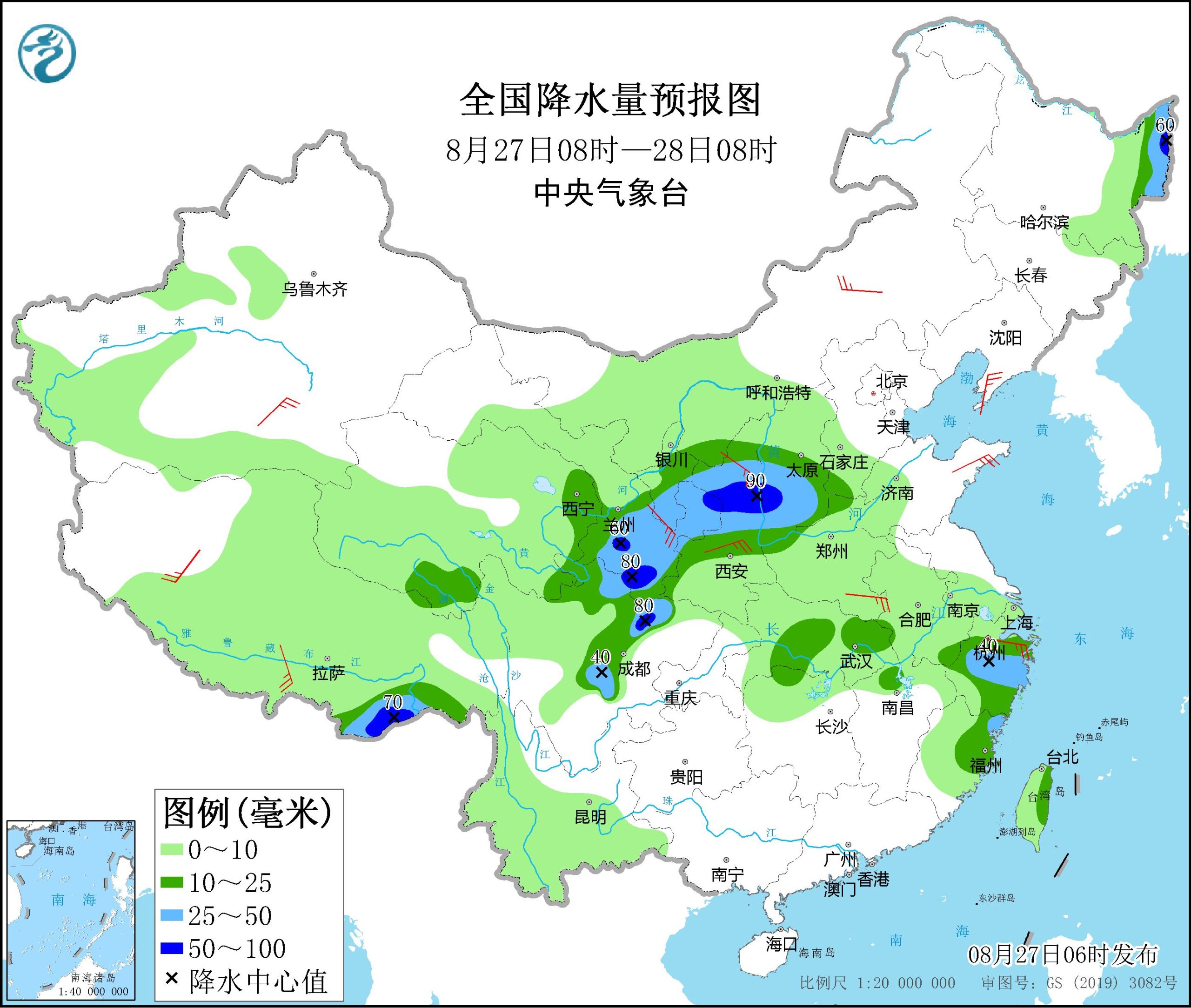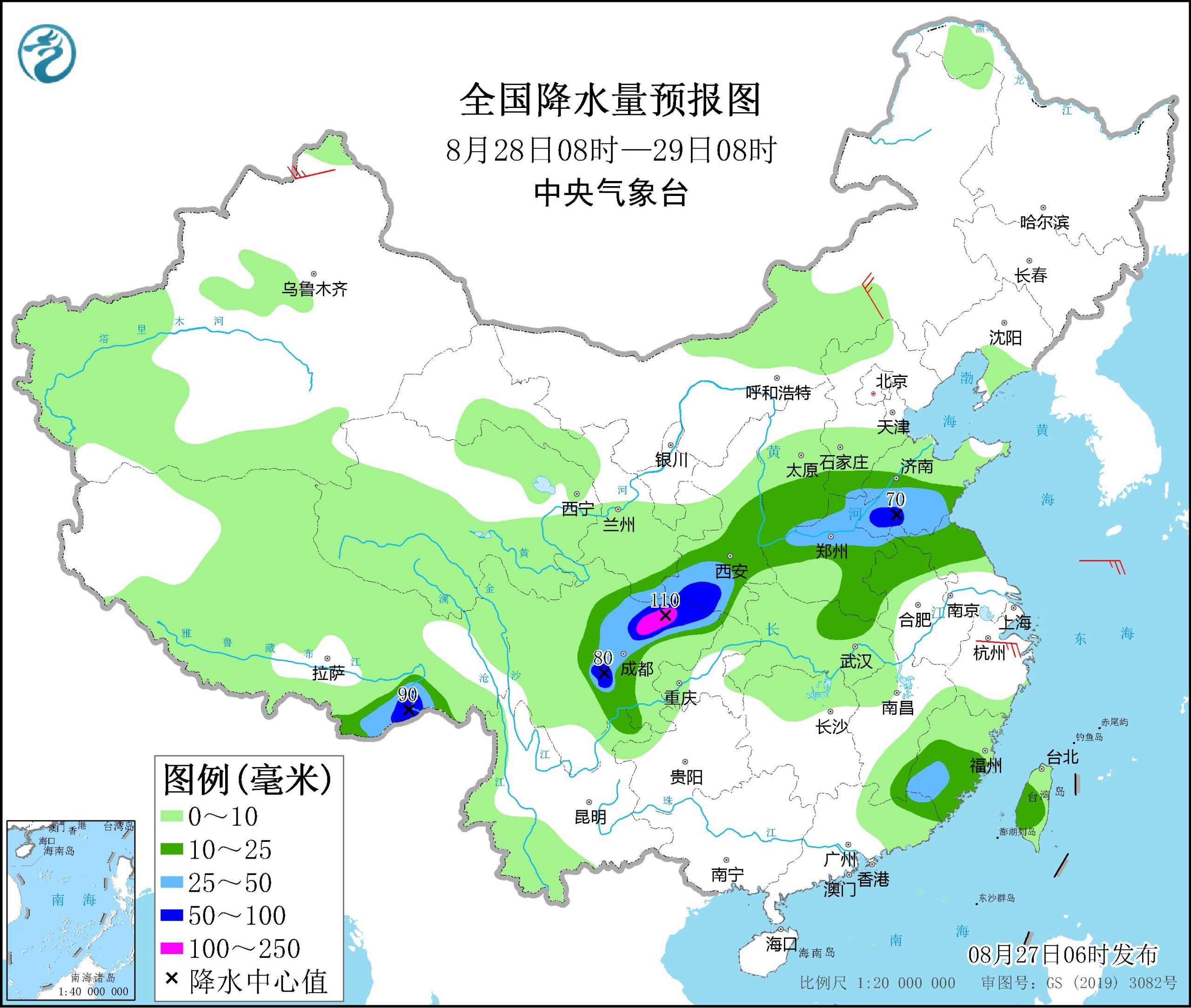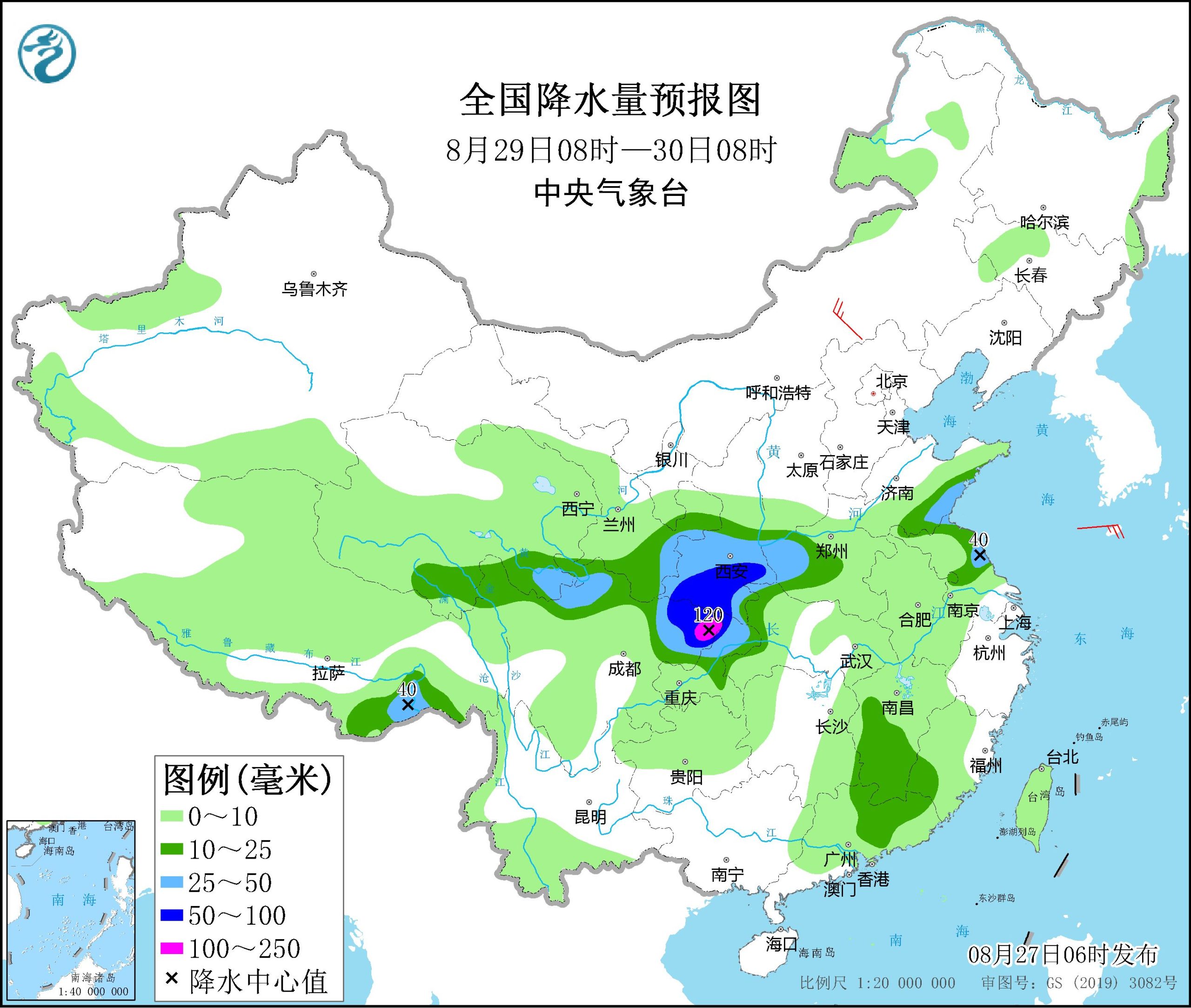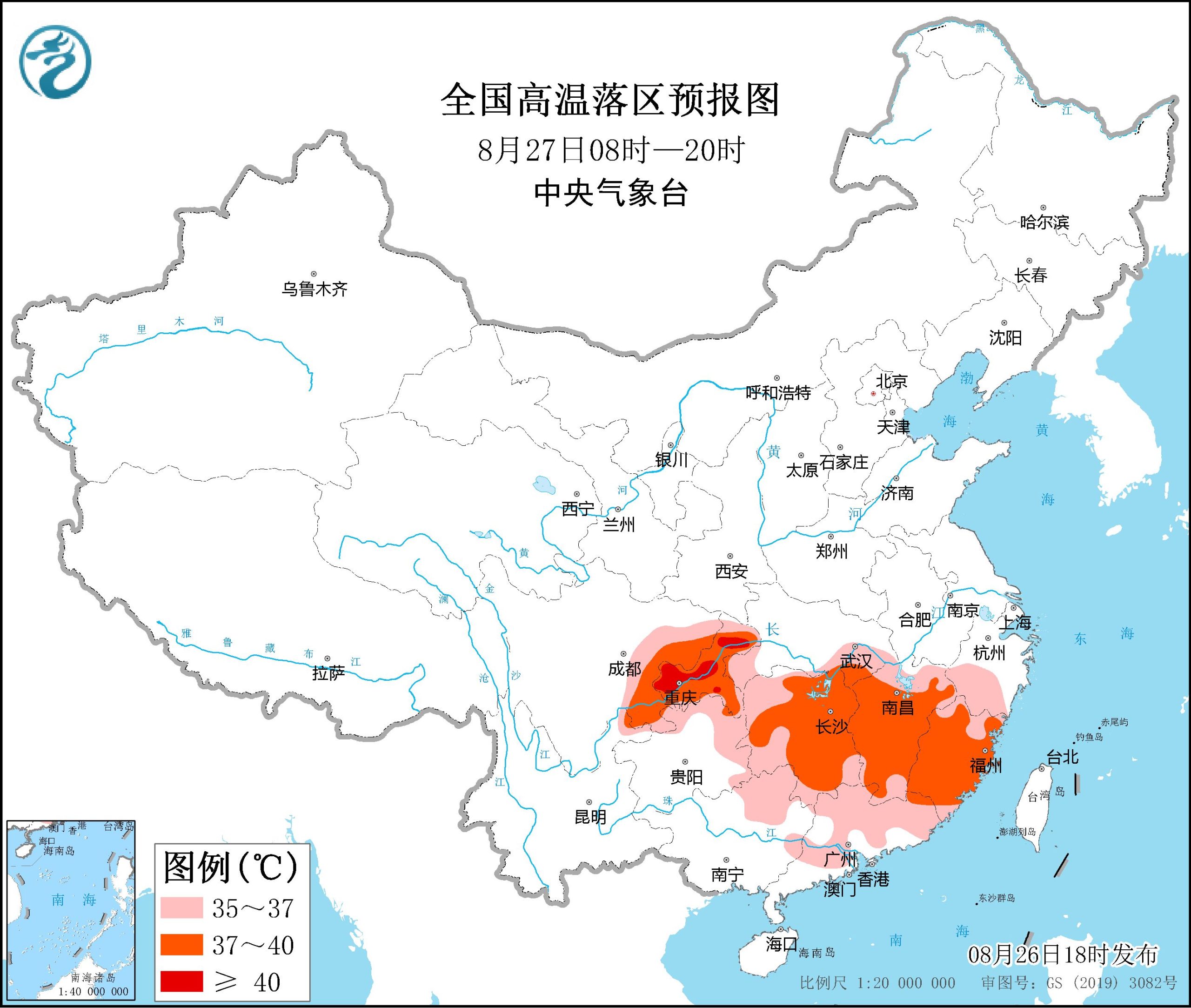Taking stock of the peach scandal between teachers and students in colleges and universities, the tutor’s hidden marriage has a relationship with students
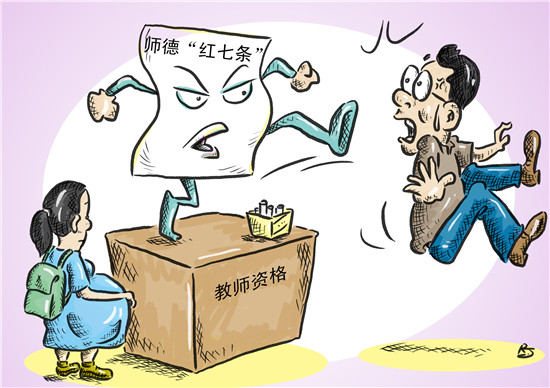
From the perspective of accelerating the construction of China’s modern university system, it has become an urgent issue that cannot be avoided in the healthy development of China’s higher education to re-examine the ethical relationship between teachers and students.
The roles between teachers and students in colleges and universities are not equal. Even if the relationship between teachers and students is pure, it will undermine fair competition, which is not in line with the principle of interest avoidance in the modern university system.
It is also in line with the basic principles of professional ethics to prohibit the love between teachers and students. This means that if you choose a teacher as a profession, you should give up some aspects of freedom.
Should other forms of relationships beyond teachers and students be allowed on campus?
In 2010, the General Office of the State Council issued the Notice on Launching the Pilot Reform of the National Education System, which clarified the reform task of establishing a modern university system. The author finds that bringing the connotation and extension of modern university system into operation under the national conditions of China will inevitably face various obstacles and contradictions. Among them, the enrollment corruption, academic misconduct and the scandal between teachers and students are some realistic problems with great negative influence, and they are also urgent problems that must be solved in building a modern university system in China. For the latter, because it will involve sex, extramarital love and family conflicts, stimulating and challenging China’s traditional family ethics will often become the focus of public opinion and news media.
Especially in recent years, some well-known universities in China have frequently exposed the scandals of teachers and students. For example, a male professor of a university in Xiamen was reported to have been photographed half naked by students, and Professor jane doe was reported to have seduced his doctoral students. An associate professor at a university in Beijing was reported for having sex with female students; Long-term sexual abuse of female students by the vice president of a university in Shanghai was reported … … Similar cases occur frequently, and the list is endless.
The author sorts out some incidents in recent years and finds that the love between teachers and students is mostly due to conflicts such as interest disputes, emotional deception, family disputes, etc., and finally it is made public in the form of revelations, reports and sex scandals. One of the worst cases is that some teachers with corrupt moral character have sex with students through deception, hidden marriage, and even coercion and inducement, which has a very serious impact and consequences.
This kind of phenomenon has a bad influence on the reputation of colleges and universities, which greatly worsens the public’s perception of college teachers. There are even various malicious banter words such as "calling animals" instead of "professors" in society. The "rat excrement" effect of sex scandals in colleges and universities makes university teachers, who were originally intellectuals and shouldered the heavy responsibility of educating and educating people for the country, lose their dignity and reputation.
Therefore, from the perspective of accelerating the construction of China’s modern university system, it has become an urgent issue that cannot be avoided in the healthy development of higher education in China to re-examine the ethical relationship between teachers and students in universities, especially how to regulate and restrain the abnormal emotional and sexual relations between teachers and students on campus.
Under the modern university system, should the university campus allow other forms of relationship between teachers and students beyond teachers and students?
"Teachers and students can’t fall in love" is a well-known common sense in American universities.
We might as well look at how foreign universities view and deal with this problem.
Before the 1980s, there were no explicit provisions or restrictions on the emotional or other relationships between teachers and students in the teachers’ codes of American universities. However, in 1983, the dean of the School of Arts and Sciences of Harvard University publicly pointed out that the romantic relationship between teachers and students was wrong, which aroused a great discussion on this ethical relationship between teachers and students in the educational circles, feminist organizations and judicial circles in the United States. In 1984, Harvard University was the first to issue a ban on romantic relationships between professors (including their student assistants) and their direct students. In 1986, the University of Iowa also stipulated that professors were not allowed to have romantic relationships with students who were taking their own classes or guiding themselves. However, if students do not attend the professor’s class and are not the students instructed by the professor, this relationship can also be acquiesced.
This management mode of Harvard and the University of Iowa became the main mode for American universities to standardize the management of similar ethical relations between teachers and students in the 1980s and 1990s. Until 2001, a teacher at William and Mary College in Virginia revealed her love story with a married student, which caused a great sensation in the United States. This incident forced nine universities in California to jointly revise the teachers’ code and introduce stricter regulations, prohibiting all teachers and students from having any other relationship beyond the teacher-student relationship. This is the first time in American universities that teachers and students who have no direct guidance relationship can’t fall in love. The ban points out that no matter whether teachers are married or unmarried, they are not allowed to have a relationship with students. If there is a love affair, one of the parties must choose to leave school voluntarily — — Teachers leave or students drop out of school.
In practice, because teachers are on the power side, once this relationship between teachers and students is made public, schools often punish teachers instead of students. With few exceptions, any teacher who has this relationship will be fired or expelled once he is found out. At present, this code has been adopted by most American universities, especially famous private universities.
After more than 30 years of constant debate and revision, it is now a common sense that "teachers and students can’t fall in love" in American colleges and universities.
Japan is a relatively open country, but the requirements and supervision of university teachers are very strict. In Japan, the relationship between teachers and students is very sensitive. Once the abnormal relationship between teachers and students is found, the parties will face severe punishment, and students will not dare to sacrifice their reputation to have intimate relations with teachers. In 1993, Professor Kyono Chang of Kyoto University was forced to quit his teaching post because of the affair of sex, and went to Tofuku-ji Temple, the capital of Kyoto, to practice, and was soon expelled from the temple. In 1996, he had to leave Japan and was abandoned by Japanese society. In 1999, he died in another country, with a miserable end.
In Britain, due to many sexual harassment incidents on campus, in 2007, many universities stipulated that teachers should report to the school if they fall in love with students, so as to prevent teachers from "favoritism" or sexually harassing students.
In Germany, although there is no special law explicitly prohibiting the love between teachers and students in colleges and universities, the so-called love between teachers and students or similar relationship beyond teaching and learning will not only be condemned by morality, but also violate the professional standards of teachers. Especially in recent years, with the younger teachers in Germany and the increasingly precocious students, teacher-student love and other events that are not in proper relationship, the relevant German institutions have begun to appeal in the Federal Parliament to draft special laws as soon as possible to prohibit teachers from having love relationships and sexual behaviors with students.
It can be seen that some countries, such as Japan and the United States, have strict control over teachers and students’ feelings beyond teachers and students or proper relationship.
The "Red Seven Articles" in colleges and universities should explicitly prohibit any form of teacher-student love.
The author believes that on the basis of learning from foreign experience, it is necessary to carefully examine and sort out the new ethical relationship between teachers and students in modern university campuses, make detailed definitions and norms, and introduce relevant measures and management methods.
Traditionally speaking, China has been a country that respects teachers and values education since ancient times. It has the traditional thought of "learning to be a teacher and being a model", and even more, it has the ethical concept of "being a teacher for a day and being a father for life". It is these cultures that are deeply rooted in people’s hearts that make teachers a noble and sacred profession, and also have higher expectations and requirements for teachers’ ethics.
In 2014, the General Secretary of the Supreme Leader emphasized at the Teachers’ Day Symposium of Beijing Normal University: "A qualified teacher should first be morally qualified, and a good teacher should first be a model of teaching and standing by virtue. We must actively guide the majority of college teachers to be good teachers who are satisfied with the party and the people with ideals and beliefs, moral sentiments, solid knowledge and kindness. "
In response to the call, the Ministry of Education immediately issued the "Opinions on Establishing and Perfecting the Long-term Mechanism of Teachers’ Morality Construction in Colleges and Universities", and drew out the "Red Seven Articles" of teachers’ morality prohibition behaviors that have warning and educational significance for college teachers. Article 7 clearly stipulates: "Sexual harassment of students or proper relationship with students, and other behaviors that violate the professional ethics of college teachers are strictly prohibited." The author believes that the "Red Seven Articles" is of milestone significance for standardizing the ethical relationship between teachers and students in colleges and universities under the modern university system and building teachers’ ethics in colleges and universities.
The launch of the "Red Seven Articles" in colleges and universities is just the right time, especially the seventh article, which sets a circle and rules for establishing the normal ethical relationship between teachers and students in colleges and universities. Here, the author also wants to put forward specific suggestions on article 7 from the implementation level:
On the one hand, it is necessary to explicitly prohibit any form of college teacher-student love.
One view is that teachers and students in colleges and universities are adults, and there is no identity problem. It is normal for teachers and students to fall in love freely. China’s cultural tradition holds a favorable or tolerant attitude towards other forms of relations between teachers and students in colleges and universities that surpass teachers and students. Tracing back to the Republic of China, there are many literary stories in which teachers and students such as Lu Xun and Xu Guangping, Qu Qiubai and Yang Zhihua, Shen Congwen and Zhang Zhaohe fell in love and got married. In 2014, the media reported that a senior student of a university in Jilin successfully proposed marriage to a university teacher who had been in love for three years, and public opinion was full of support and praise.
In fact, from the perspective of ethics, in addition to the traditional basic relationship between teachers and students, in the modern university system, emotional and even sexual relations between teachers and students have become more and more sensitive in the ethical relationship between teachers and students. Because it is difficult to define, standardize and deal with, it forms a vague area in people’s understanding and also causes great controversy.
In my opinion, although college students are adults, their world outlook, outlook on life and values are still in a critical period of formation, and their minds are not fully mature, so the love between teachers and students is hardly pure love. What is important is that the roles between teachers and students in colleges and universities are not equal, and there are relationships in management, power and interests. Even if teachers and students are pure emotional relationships, this relationship will undermine fair competition and does not conform to the principle of interest avoidance in the modern university system.
It is also in line with the basic principles of professional ethics to prohibit the love between teachers and students. Just like doctors and patients, lawyers and clients, priests and church members can’t fall in love or have sexual relations, the requirements of teacher-student relationship should also be in line with these occupations. This means that if you choose a teacher as a career, you should give up some aspects of freedom.
On the other hand, strengthen the supervision and management of the ethical relationship between teachers and students in colleges and universities, and strengthen the accountability of those who touch the red line. According to the author’s observation, in recent years, the relevant units have been excessively lenient in dealing with the exposed peach affair and sex scandal. After the incident is exposed, the radish is often pulled out and the mud is brought up. With other lesions such as academic misconduct and misappropriation of funds, the units involved classify emotional and sexual relations as private morality and pay insufficient attention to them. Often, the board is held high and gently put down. In particular, some people involved in the case have certain academic attainments, titles and hats, and the units concerned even use the excuse of cherishing talents and rare talents to minimize major issues and avoid troubles. What’s more, some parties can continue to stay in the teaching staff by changing units, which is not affected at all.
In addition, the relevant accountability means are not clear and specific enough. It can be seen from the handling results of several incidents exposed on the Internet that it is difficult to find relevant basis and clear explanation for the handling and punishment of teachers and students who are not proper relationship, and even the Red Seven Articles have not given specific disciplinary measures and measures; As a weak group, it is difficult for students to find effective complaint channels and departments after the incident, and their interests cannot be protected. In the end, they can only be exposed on the Internet, forming a whirlpool of public opinion. This also shows that the supervision responsibility of discipline supervision units in some units is not in place, and discipline is lost.
China’s higher education is in the process of all-round modernization, and many universities are drafting university statutes to establish a modern university system. The author hereby appeals that we should start with standardizing and reconstructing the ethics of teachers and students in colleges and universities, seriously consider and sort out how to establish a healthy and good relationship between teachers and students under the modern university system, unify our thinking and understanding, and pay more attention to the frequent campus peach scandals in recent years, and increase the handling and punishment. By establishing rules and regulations, prevention comes first, and the campus atmosphere is further purified, creating a clean environment for the healthy growth of students and escorting the training of young talents.
(The author is a professor at Beijing Institute of Technology)
